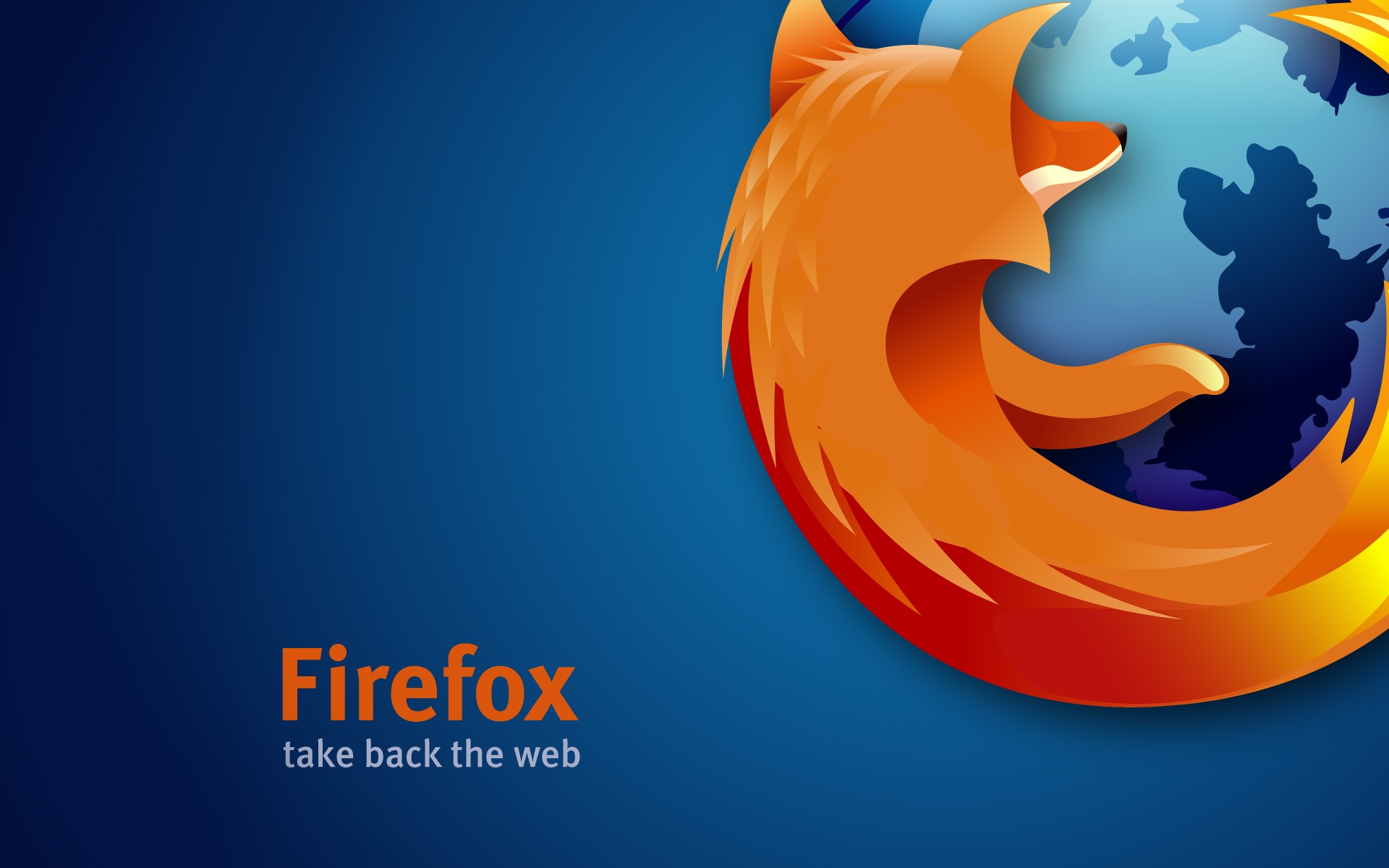While system dictates that actions can’t be filed until after the FCC’s “Restoring Internet Freedom” order is posted to the general register which hasn’t occurred yet, Mozilla sees that it requested the United States Court of Appeals (pdf) out of an excess of caution, kickstarting the method to learn which court will finally hear the case.
“As a process note, the FCC resolution made it clear that groups should be filed 10 days after it is announced in the Federal Register, which has not yet happened. However, federal law is more ambiguous. Due to the seriousness of this issue, even though we understand the filing date should be later, we filed in the issue a court determines the appropriate date is today. The FCC or a court may receive this order or require us and others to refile at a later date. In fact, we’re making them to use the later date. In either instance, we will proceed to challenge the order in the courts.”
Mozilla’s lawsuit was filed the corresponding day as coordinating lawsuits from customer groups like Public Knowledge and Free Press. In an announcement of its own, Public Knowledge notes it similarly filed its petition early as a preceding and protective legal move:
“While we believe that following the best reading of the rules the FCC’s Order is not ripe for objection until it is published in the Federal Register, in the past the legal lottery which determines which appellate court will hear an objection to an FCC action has been run based on untimely petitions. Thus, to protect our rights, we have filed today.
In other words, this is a purely procedural move, and we would not complain if all early-filed petitions were held in abeyance by the FCC and the lottery is attended based only on challenges filed after Federal Register publication. Of course, we will file to confront the FCC at that time, as well.”
Take your time to comment on this article.

